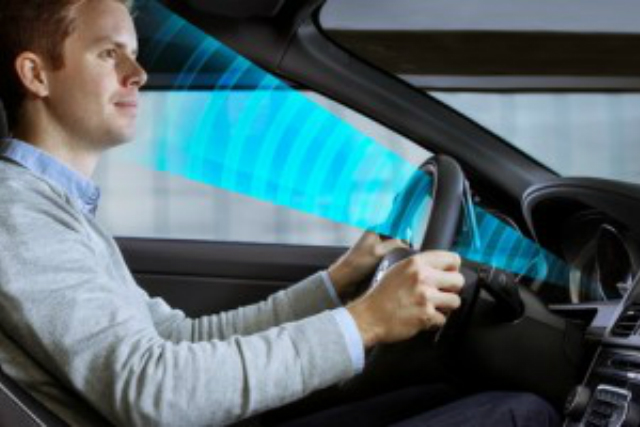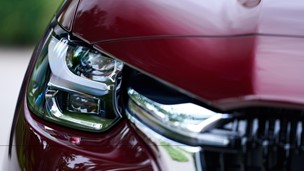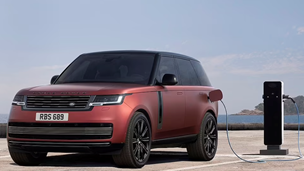In-car cameras which trigger an alarm if a driver falls asleep or uses a mobile phone while behind the wheel could become compulsory for new vehicles in Europe by the end of the decade.
The chief scientist at Britain’s Transport Research Laboratory (TRL), Richard Cuerden, has described this safety technology as a “big deal” in terms of its live-saving potential. Cuerden added: “If we want to keep seeing road casualties reduced and if we don't want to see the horrendous stories we see happen, we have got to put it in every vehicle.”
According to the Department for Transport, there has been a 41 per cent increase in the number of car accidents linked to drivers using their mobile phones – from 349 in 2010 to 492 in 2014.
European Commission officials are currently working on new safety proposals for car manufacturers, which will be unveiled next month. It has now been reported that the new proposals could include a recommendation to make in-car cameras that can detect drowsiness and mobile phones a compulsory feature for new cars.

Examples of this safety gadget which manufacturers could potentially install include the Eyetracker, developed by Digital Media Technology. It uses a series of tiny cameras to monitor eye movements 200 times a second, triggering an alarm when the driver’s eye movements suggest they are about to fall asleep.
The TRL has published a 470-page report which says there is “clear evidence” of the effectiveness of systems like Eyetracker in how they detect fatigue and distraction among motorists.
On top of its potential to vastly reduce car accidents, the in-car cameras can also prove “cost beneficial” according to the TRL. Such devices have reportedly reduced massively in price since the first prototypes were revealed back in the mid-2000s. Whereas back then they were estimated to cost around £2,000, such a safety system nowadays could be marketed for less than £100.



